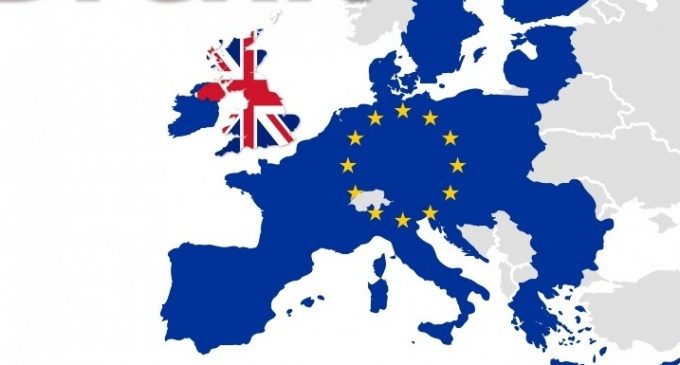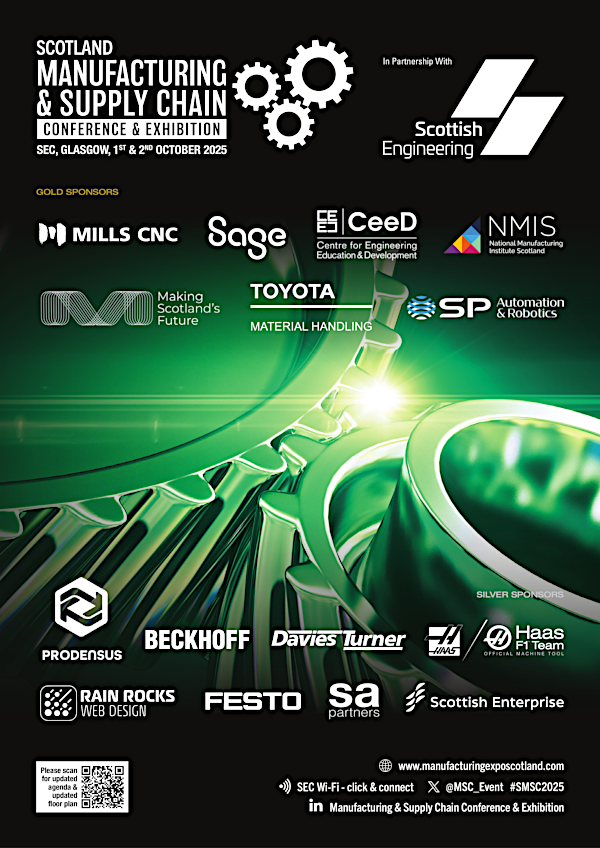Brexit Deal Vital to Protecting All-island Supply Chains

Food Drink Ireland (FDI), the Ibec group that represents the food industry, has said the full implementation of the December Brexit deal was vital to protect complex all-island supply chains. The deal now needs to be put into a binding legal contract, there can be no black-sliding on clearly agreed commitments. At the launch of a new report ‘Brexit: the challenge for Prepared Consumer Foods’, which sets out the priorities of prepared consumer food companies in the next phase of negotiations, the group said it was increasingly concerned at the direction of the UK political debate. With the UK the ruling out of a future EU-UK customs union, the likelihood of a divisive, damaging divorce has increased. It is in all our collective interests that this decision is revisited.
FDI Director of Prepared Consumer Foods Kevin McPartlan says: “If the UK insists on leaving a customs union with the EU it will result in a significant disruption to trade. While the December deal should protect all-island supply chains, new barriers to east-west trade with Britain would be a major blow to the food industry. Prepared consumer food (PCF) companies are particularly exposed. The gross output of the Irish PCF sector is €4.5 billion, and €2.5 billion of that is exported. 65% of all PCF exports are to the UK.”
A new survey of PCF companies highlighted the following key issues of concern:
- Difficulty in sustaining existing low margin business in UK market
- Negative impact of a further weakening of sterling and possible tariffs
- Supply chain cost increases as a result of a UK exit from the customs union
- Uncertainty leading to deferral of investment in innovation and plant and equipment.
The report identifies four key priorities for the sector as negotiations progress to phase two:
- Free and unfettered access to the UK market for Irish business
2. An agreement that takes account of the special case of the all-island economy
3. Transitional agreements of sufficient length for businesses to plan and prepare for any new free trade agreement
4. Any arrangements to deal with the NI/ROI border should ensure strict adherence to EU regulations and EU customs duties for all products, in particular from third countries.
 Kevin McPartlan continues: “Prepared consumer food companies are the life-blood of the Irish economy. They directly employ over 20,000 people and support the employment of many thousands more across the entire country, in SMEs as well as major multinationals. These companies depend on cross border supply chains and infrastructure, are prone to currency variation, rely on access to the UK market and need common regulatory regimes more than any other sector of the economy.
Kevin McPartlan continues: “Prepared consumer food companies are the life-blood of the Irish economy. They directly employ over 20,000 people and support the employment of many thousands more across the entire country, in SMEs as well as major multinationals. These companies depend on cross border supply chains and infrastructure, are prone to currency variation, rely on access to the UK market and need common regulatory regimes more than any other sector of the economy.
“It is vital that a future EU-UK deal delivers free and unfettered access to the UK market, an agreement that takes account of the reality of our all-island economy, a transition period of sufficient duration to allow businesses to prepare for the new environment and border arrangements which ensure strict adherence to EU regulations and customs,” he concludes.

























